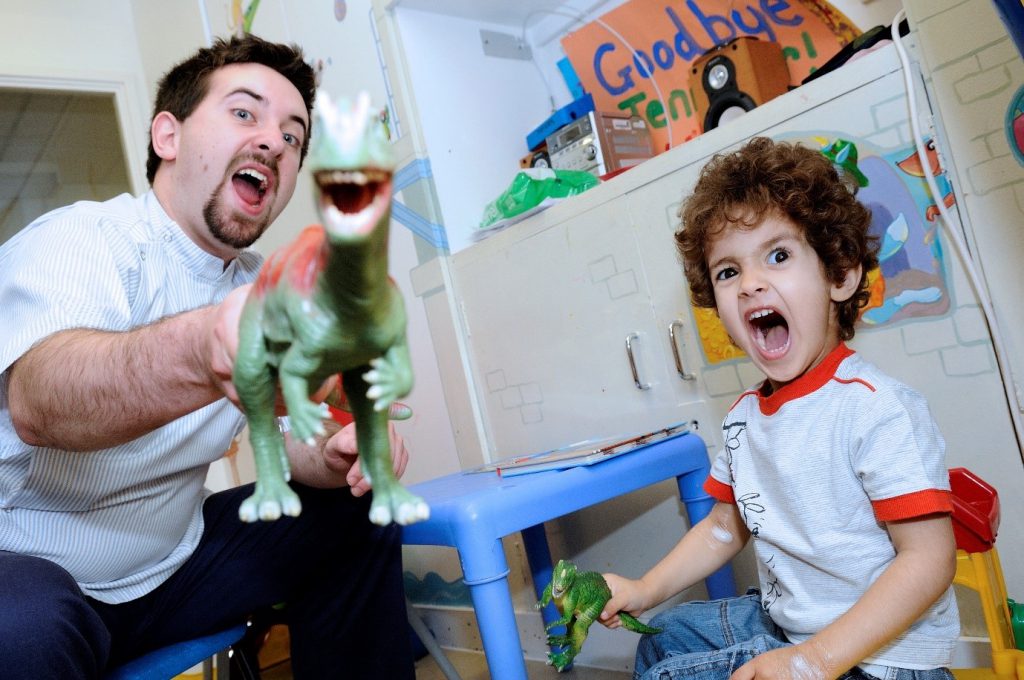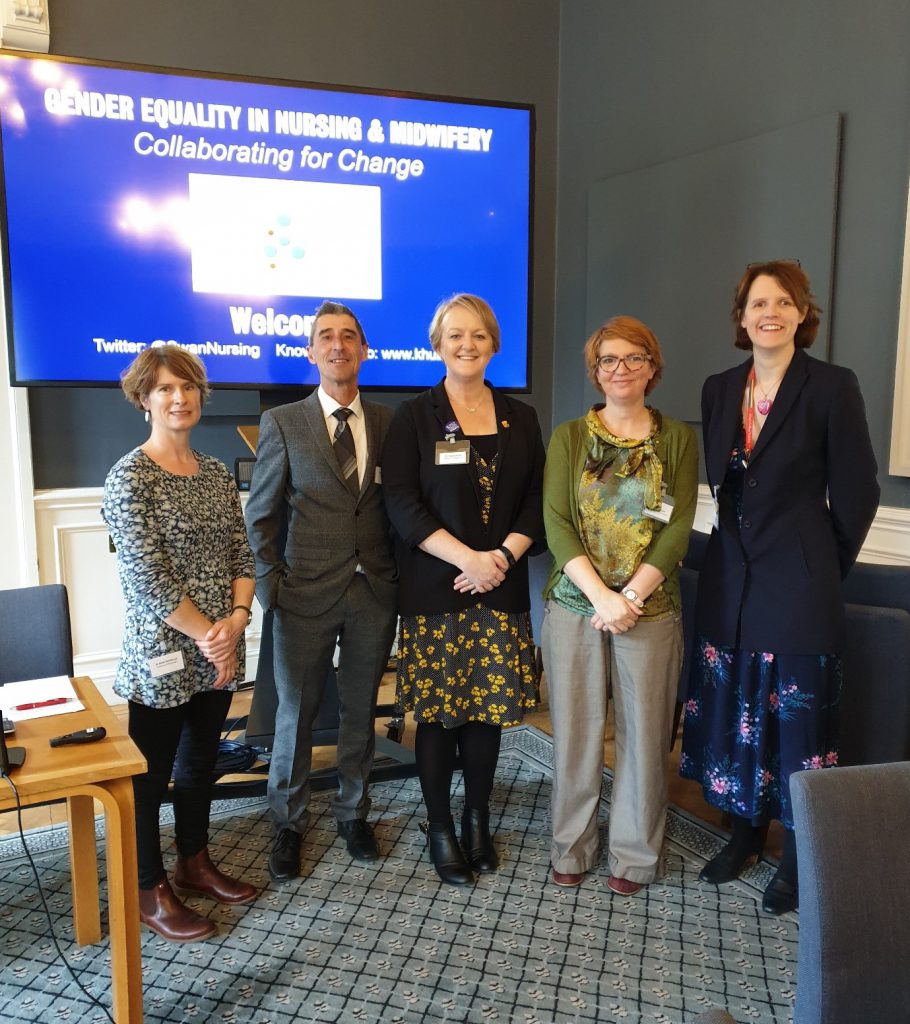Professor Richard Drayton, a Caribbean-born professor of History at King’s commemorates the 72nd anniversary of Windrush Day, a day honoring the Windrush generation and their legacy.
Since 2018, Windrush Day has been the day in which we celebrate what Caribbean people have given to Britain. Such a celebration should be anchored in the memory of why we came. But it cannot just be retrospective. The anniversary of Windrush should challenge us each year to address the question of racial inequality, both within Britain, and in Britain’s relationship to the West Indies.
Our contributions to Britain began long before the arrival of the Empire Windrush to Tilbury docks in 1948. Here at King’s, for example, a significant part of the wealth on which King’s was founded in 1829 was based on enslaved and tortured people in the West Indies. More generally, plantation slavery created a world in which modern Britain was rich, and its Caribbean colonies poor. It was in the context of this inequality of life chances that West Indians chose to leave their homes to come to London. It is against that background, too, that King’s relationship to the Caribbean was constituted.
There has never been any formal colour bar to study at King’s, nor indeed to recruitment to its staff. King’s indeed helped form Caribbean-born figures like Harold Moody, Sir Shridath Ramphal and Pearl Connor who have made fundamental contributions to British, Caribbean and international society. But from the nineteenth century to our own time, the consequence of slavery and colonialism were and are forms of economic inequality and unequal participation, which have meant that its personnel, culture and curricula have been overwhelmingly ‘white’. It is a significant step forward that in the moment of Black Lives Matters in 2020, that the college has begun to seriously confront the legacies of racism in its culture and practices.
One important possible new initiative might be for King’s to build and deepen its relationship to the Caribbean and its diasporas. It is striking that King’s, which sits just a short walk from the climax of Caribbean-British life in Brixton, has had so little to do with it, so few Black London students and even fewer academics. And might more effort go into building partnerships with the University of the West Indies? It was once the case that King’s and the then University College of the West Indies were sister members of the federal University of London. We should seek twenty-first century version of the kind of cooperation envisioned in that late colonial institution.
Windrush Day throws out a challenge to Britain in general and, specifically, to us at King’s. How do we remake ourselves, so that the descendants of the Windrush migrants can have an equal place in our life? And how do we address the forms of international inequality to which our domestic forms of racialised injustice were and are connected?








